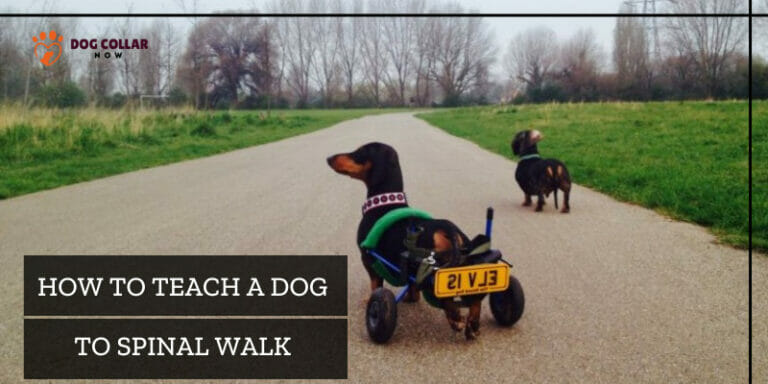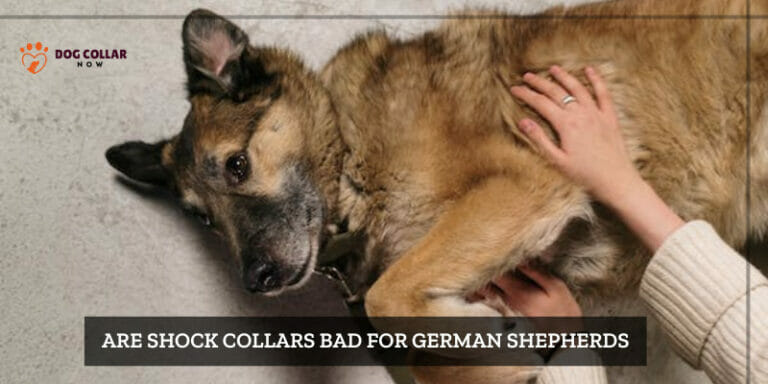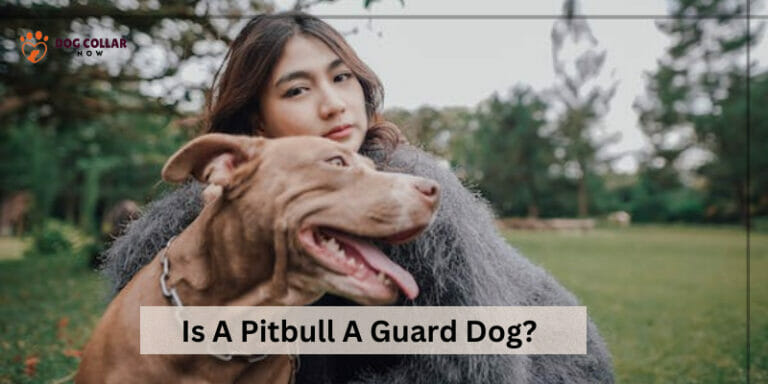Why Are Some People Cruel To Dogs – A Concern

Dogs have long been considered men’s best friend. Their loyalty, companionship, and unconditional love make them beloved pets in many households. However, it is a sad reality that some people exhibit cruelty towards these innocent animals.
People may be cruel to dogs due to a lack of empathy or understanding, mistreatment resulting from cultural beliefs or upbringing, or underlying psychological issues. However, such behavior is deeply unfortunate, as dogs deserve love, care, and respect as sentient beings.
This article aims to explore the reasons Why are some people cruel to dogs. By understanding these factors, we can work towards promoting empathy, compassion, and responsible pet ownership in our society.
Why Are Some People Cruel To Dogs – Reasons
Dogs have been domesticated for thousands of years, evolving alongside humans as loyal companions. However, despite their long-standing relationship with humans, some individuals display cruelty towards these innocent creatures. The following are some possible explanations for this behavior:
Lack Of Empathy And Understanding
Not everyone possesses a natural inclination towards empathy or the ability to understand and connect with the emotions of animals. Some people may find it challenging to comprehend the needs, feelings, and vulnerability of dogs. This lack of empathy can lead to neglect, mistreatment, and even acts of cruelty.
Psychological Issues
Individuals who exhibit cruelty towards dogs may have underlying psychological issues. Certain disorders, such as conduct disorder or antisocial personality disorder, can manifest in violent or aggressive behavior towards animals. These individuals may derive a sense of power or control by inflicting harm on innocent creatures.
Learned Behavior
Cruelty towards dogs can be learned behavior, often acquired during childhood. If a person grows up in an environment where mistreatment of animals is prevalent or tolerated, they may perceive such behavior as normal or acceptable. This learned behavior can be challenging to unlearn without proper education and intervention.
Lack Of Education And Awareness
A lack of education and awareness about responsible pet ownership can contribute to cruelty toward dogs. Some individuals may not understand the basic needs of dogs, such as proper nutrition, exercise, and veterinary care. Ignorance about dog behavior and communication can also lead to misunderstandings and mistreatment.
Emotional Displacement
In certain cases, cruelty toward dogs may be a result of emotional displacement. Individuals who are dealing with personal issues, such as stress, anger, or frustration, may direct their negative emotions towards animals. Dogs, being vulnerable and non-judgmental, can unfortunately become targets for such displaced emotions.
Cultural And Societal Factors
Cultural and societal factors can also influence how dogs are treated. In some cultures, dogs may be viewed as inferior beings or associated with superstitions or myths. Such beliefs can perpetuate cruelty toward dogs and hinder efforts to promote animal welfare.
The Different Types of Dog Cruelty
Dog cruelty encompasses a range of abusive actions inflicted upon these innocent animals. It is crucial to identify and understand the various forms of dog cruelty to effectively combat it. Some common types include:
Physical Abuse:
This involves intentional physical harm, such as beating, kicking, choking, or any form of violence that causes pain and injury to dogs. Inflicting physical abuse on dogs often arises from anger, frustration, or a desire for dominance.
Neglect And Abandonment:
Neglect occurs when a dog’s basic needs, such as food, water, shelter, and medical care, are consistently denied. Abandonment, on the other hand, involves leaving a dog to fend for itself without proper care or protection. Both neglect and abandonment can result in severe physical and psychological suffering for dogs.
Dogfighting:
Dogfighting is a cruel “sport” that involves forcing dogs to fight each other for entertainment or gambling purposes. Dogs involved in dogfighting are subjected to intense physical harm, often resulting in serious injuries or even death.
Puppy Mills:
Puppy mills are commercial breeding facilities that prioritize profit over the well-being of dogs. Dogs in puppy mills are typically kept in overcrowded and unsanitary conditions, lacking proper veterinary care, socialization, and adequate living conditions. This form of cruelty focuses on mass production of puppies for sale.
The Effects of Dog Cruelty
The impact of dog cruelty extends far beyond the immediate suffering experienced by the animals themselves. It affects not only the individual dogs but also our society as a whole. Some significant effects include:
Physical And Psychological Trauma
Dogs subjected to cruelty endure physical pain, injuries, and long-lasting psychological trauma. They may exhibit signs of fear, anxiety, aggression, or depression, often resulting in behavioral problems.
Public Safety Concerns
Studies have shown that individuals who commit acts of cruelty towards animals are more likely to engage in violence towards humans. Addressing dog cruelty is crucial to safeguard public safety and preventing a potential escalation into more significant acts of violence.
Deterioration Of The Human-Animal Bond
Cruelty towards dogs undermines the fundamental bond between humans and animals. It erodes trust and compassion, hindering the establishment of healthy relationships between people and their pets.
How To Prevent Dog Cruelty
Preventing dog cruelty requires a collective effort from society. By taking proactive measures, we can make a significant impact in curbing this problem. Here are some effective strategies to prevent dog cruelty:
Education And Awareness
Promote educational initiatives and awareness campaigns to highlight the importance of treating dogs with kindness and respect. Educate individuals about responsible pet ownership, dog behavior, and the consequences of cruelty.
Strengthen Animal Welfare Laws
Advocate for the development and enforcement of stringent animal welfare laws. Push for increased penalties and sentences for those convicted of dog cruelty. Encourage lawmakers to focus on implementing measures that protect the well-being of animals.
Encourage Reporting And Intervention
Create safe and anonymous reporting channels for individuals to report suspected cases of dog cruelty. Encourage prompt intervention by relevant authorities and animal welfare organizations to ensure the well-being of affected dogs.
Promote Adoption And Spaying/Neutering
Support local animal shelters and rescue organizations that promote pet adoption. Encourage spaying/neutering programs to control the population of dogs and reduce the risk of neglect and abandonment.
Conclusion
Dog cruelty is a heartbreaking issue that demands our attention and action. By understanding the various forms of cruelty, recognizing its effects, and actively engaging in prevention measures, we can create a society where dogs are treated with the love, care, and respect they deserve. Let us work together to put an end to dog cruelty and build a brighter future for our four-legged companions.
FAQ:
Why do people act cruelly toward dogs?
The reasons behind dog cruelty can vary, including factors like anger, frustration, a lack of empathy, a desire for dominance, and sometimes mental health issues. However, it is important to remember that cruelty towards dogs is never justified, and proactive steps should be taken to prevent it.
Can dog cruelty lead to other forms of violence?
Studies have shown a link between individuals who engage in acts of cruelty towards animals and potential violence towards humans. Addressing dog cruelty is vital to prevent escalation and promote a safer society for all.
How can I report suspected cases of dog cruelty?
If you suspect dog cruelty, contact your local animal control agency, animal welfare organization, or law enforcement agency. They can guide you on the appropriate steps to report the situation while maintaining your confidentiality.
How can I help prevent dog cruelty in my community?
You can contribute by supporting local animal shelters and rescue organizations, spreading awareness about responsible pet ownership, promoting spaying/neutering programs, and advocating for stricter animal welfare laws.
Are there any legal consequences for dog cruelty?
Laws regarding animal cruelty vary by jurisdiction. However, many regions have laws in place that impose penalties, fines, and even imprisonment for those convicted of dog cruelty. Encouraging the implementation and enforcement of such laws is crucial to combat this issue effectively.






